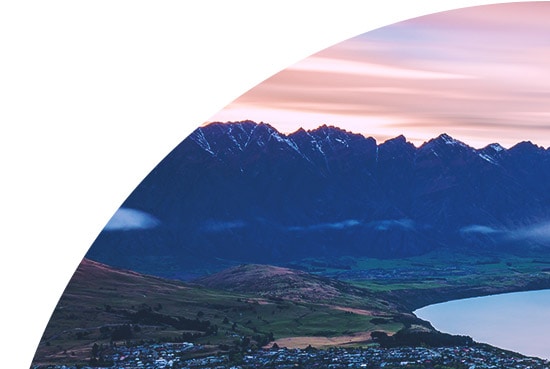Chikungunya is a viral disease transmitted to humans by infected mosquitoes and it causes fever and severe joint pain. Other symptoms include muscle pain, headache, nausea, fatigue and rash. Joint pain is often debilitating and can vary in duration. The disease shares some clinical signs with Dengue, and can be misdiagnosed in areas where Dengue is common. There is no cure for the disease. Treatment is focused on relieving the symptoms.


Travel Vaccinations for Tuvalu
Recommended Vaccines for Tuvalu
The level of protection needed depends on your medical history and travel itinerary. Book now to get a personalised recommendation from our specialist travel nurses. The consultation costs £20 plus any vaccines you decide to take.
Flexible appointments with no upfront payment
Book Now
Destination Information for Tuvalu
Tuvalu is a very safe country to visit in terms of crime, although you should generally be vigilant and concerned for your personal safety in relation to the heighten risk of terrorism worldwide. Should you need medical treatment while in Tuvalu, the main hospital is in Funafuti, with nurses and smaller clinics on some of the minor islands. Facilities are adequate for non-serious conditions, but for more complex injuries or illness you may need to be transferred to Fiji or Australia. Ensure that you have travel insurance that will cover this if necessary.
Many people visit Tuvalu to swim, snorkel and dive in the beautiful clear waters surrounding the islands. Be aware of strong and dangerous rip tides, and always use appropriate safety equipment while diving. The lagoon in Funafuti is highly polluted and swimming is not recommended.
The typhoon and cyclone season in Tuvalu runs from November to April. During this time there is a higher risk of disruption to roads, transport and services due to flooding and landslides. Cyclones can occur at any time of year but are more common during these months. There is a risk of Dengue Fever in Tuvalu, so it’s recommended to take additional steps to prevent mosquito bites. Travel vaccines are recommended before travel so visit a travel clinic for the necessary treatment and advice.
The Western side of Funafuti is given over to the Funafuti Conservation Area, and here you’ll find reefs and a pretty lagoon with excellent marine life to explore while snorkelling or diving. There are plenty of WWII remains to discover, as the islands were a stationing point for US troops during the war.
While tourism is not a big industry here, you will find basic guesthouses, along with a good selection of bars and restaurants serving fish and ethnic cuisine. The islands experience gales and heavy rain from November to March, so these months are best avoided if you’re hoping to relax on the beach!
Infections and Outbreaks frequently change from country to country and by attending our clinics you will be given the most up to date clinical and safety advice from our team of specialists. Our advice to you often includes aspects such as:
- Food and water hygiene
- Insect and animal bite avoidances
- Personal safety
- Sexually transmitted infections
- Sun protection
- Altitude sickness
Malaria and regions within country:
Malaria is not normally present in Tuvalu.



